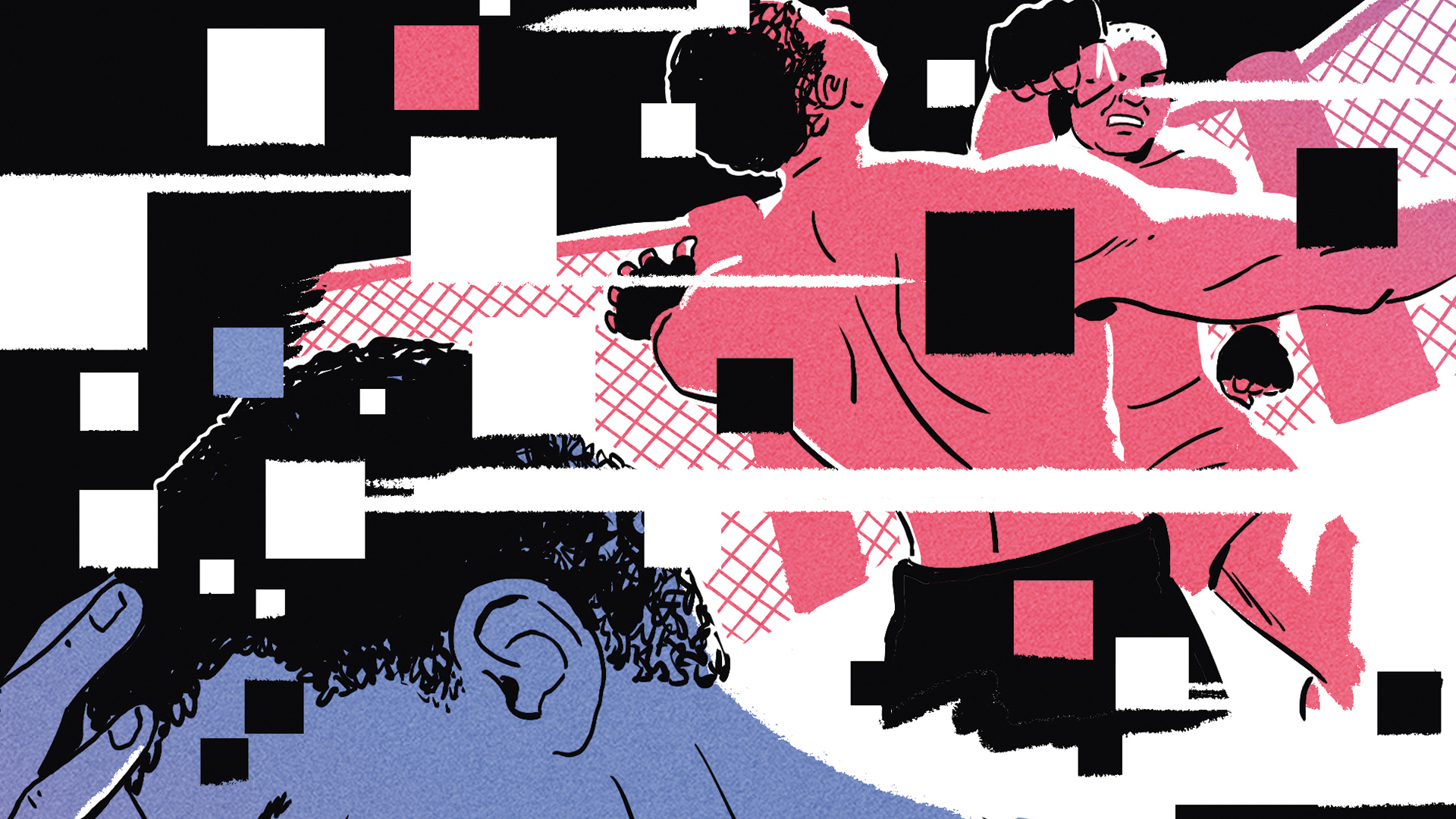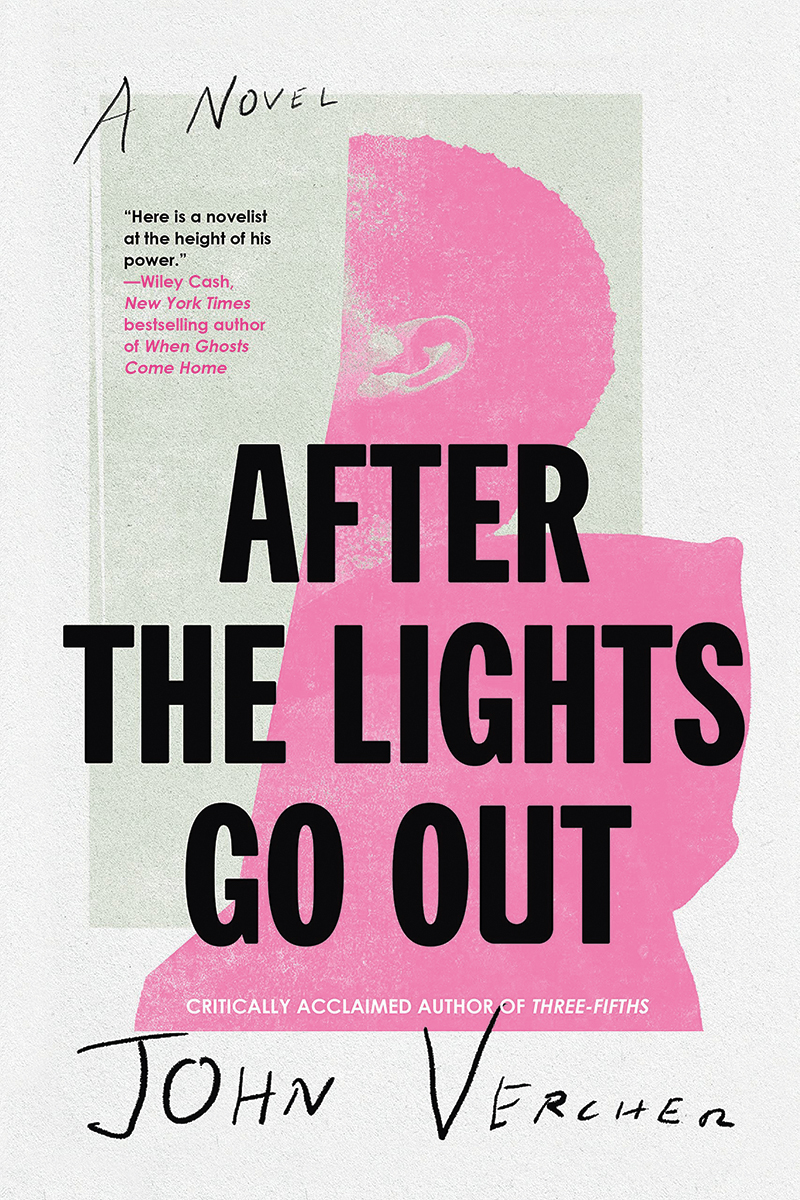Memory is a funny thing. We often try to make its intangible nature concrete, whether in the digital photo albums on our phones or keepsakes from our childhood, or those of generations past.
But the memories living in our minds are as fluid as the organic matter in which they reside, malleable and subject to change. Sometimes that change is intentional, misremembering things as they happened, reshaping a narrative to make us the heroes of our own stories. Other times, the changes come due to trauma or the ravages of age. And in some cases, both instances can be true.
These were the ideas I wanted to explore in my second novel, After the Lights Go Out. It is the story of Xavier ‘Scarecrow’ Wallace, a late-thirties mixed-race professional MMA journeyman fighter coming up on the end of a year-long suspension from fighting. Xavier is suffering from the effects of chronic traumatic encephalopathy (CTE), or pugilistic dementia. He has short-term memory loss, crippling migraines and mood swings from depression and paranoia to violent rage.
Working for his cousin and manager, Shemar “Shot” Tracy, a retired professional boxer, Xavier is also tasked with caring for his ageing white father, Sam, who is in the throes of late-stage Alzheimer’s. As Sam’s filters begin to fall away, he reveals the man he truly is, and Xavier gains insight into – and is forced to reconcile with – the reasons his Black mother left the family when Xavier was a teenager.
Amid this drama, Xavier is offered a last-minute fight in the sport’s biggest promotion, but an incident at Shot’s gym puts Xavier in the pocket of dangerous people who, along with Xavier’s crumbling mind, put the chances to fight his last fight on his terms – let alone survive – in severe jeopardy.
My childhood Saturday mornings were spent on the living room floor in the glow of our television watching Kung Fu Theater, while the evenings meant watching highlights of boxing greats like Hagler, Leonard, Hearns and Duran with my father.










